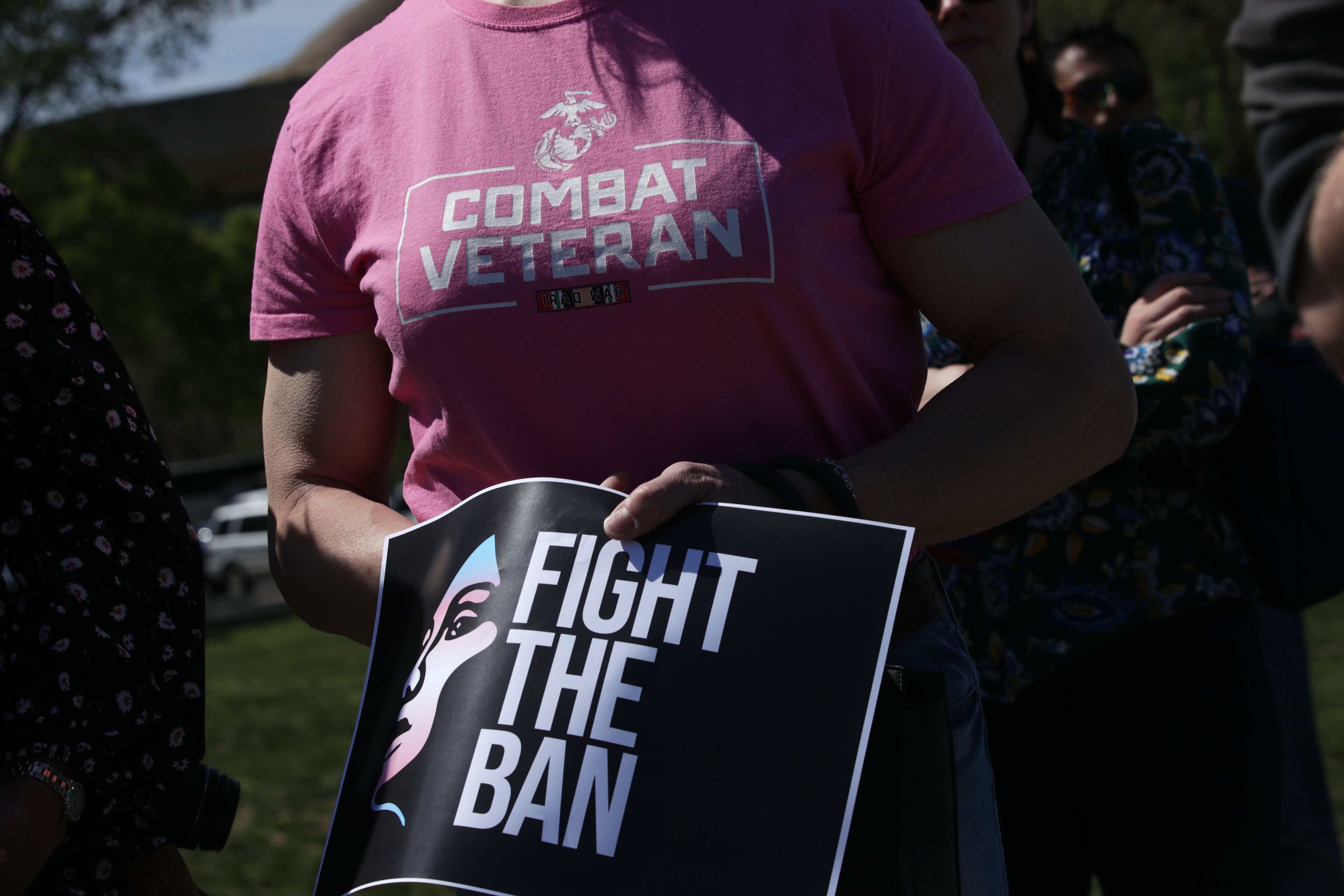Fast-food chain Burgerim “pocketed tens of millions of dollars” in franchise fees from veterans and others by making false promises and withholding information, according to a civil complaint filed by the Federal Trade Commission.
The complaint, filed Monday, Feb. 7 in the U.S. District Court of Central California, alleges that California-based Burgerim charged upwards of $70,000 fees to prospective franchisees with assurances that if a franchisee could not open a restaurant, Burgerim would refund the fee. However, the “overwhelming majority” of the 1,500 consumers who purchased a franchise were never able to open a store, and “many” of them never received their refund.
The FTC alleges that Bugerim misrepresented “material facts” which constitute “deceptive acts” that are prohibited by Section 5(a) of the FTC Act, as well as “The Franchise Rule.”
Burgerim faces one count of violating Section 5 of the FTC Act. Additionally, Burgerim is charged with three counts of violating “The Franchise Rule.” These counts include multiple disclosure violations, among them allegations that Burgerim deliberately misrepresented financial information, such as the actual cost franchisees would incur and how well Burgerim franchises perform in reality.
Plaintiff’s request that the court award “monetary and other equitable relief” for each person impacted by Burgerim’s violation of the Franchise Rule. According to the FTC, each offense carries a financial penalty of up to $46,517.
Under the Franchise Rule, Burgerim is responsible for providing prospective franchisees a financial disclosure to have a clear picture of their total financial commitment, including potential operating costs once a location is open. The suit alleges that Burgerim not only withheld this information but deliberately misrepresented both the costs and the challenges associated with opening a location.
“Burgerim promised consumers, including veterans, the American dream, only to leave them in a nightmare of debt and deceit,” Samuel Levine, Director of the FTC’s Bureau of Consumer Protection, said in a press release.
Burgerim officials did not immediately respond to a request for comment on the pending litigation at the time of publication.
According to the complaint, Burgerim lured “would-be entrepreneurs” into investing by touting their franchise as a “business in a box,” stating that would-be franchisees did not need any prior business experience.
To further assuage concerns about the significant up-front investment required by potential franchisees, Burgerim would speak as if the opportunity was a potential cash cow. One representative from Burgerim told a franchisee that the “break-even point” was $50,000 in profit per month, a number that the representative from Burgerim said open stores were “all hitting” in “two weeks or sooner.”
“All you need is the will to succeed,” Burgerim’s website reads. “Our international fast food franchising team paves the way for you to become a thriving business owner. We’ll help you customize your location, hire a small team, and generate wealth.”
The initial investment, according to the complaint, was hefty. These fees range from $50,000 to $70,000, with discounts given to those who purchased more than one franchise. Burgerim further enticed veterans through discounts of $10,000 and $15,000 on their initial fees.
A spokesperson for the FTC could not tell Military Times how many veterans were targeted or are currently part of the suit. However, the complaint states that Burgerim “incentivized veterans to purchase more than one location by offering a discount to veterans who purchased multiple locations.”
According to the complaint, these fees only provided investors with the right to open a franchise with the Burgerim name. The initial fee did not include other costs associated with opening a franchise, such as securing a location, building the restaurant, equipment, or supplies for running the franchise. The suit states that the actual cost for opening a restaurant cost at least one franchisee upwards of $600,000.
To further downplay the financial risks of franchisees, many of whom took loans from the Small Business Administration, Burgerim promised franchisees both verbally and in writing that the franchisees would have their franchise fees refunded should their location not open. In many cases, these refunds were never provided, enabling Burgerim to pocket tens of millions of dollars.
Although the FTC voted 4-0 to refer the case to the Justice Department, a trial date is to be determined, and the FTC hopes this case will enable others caught in similar predatory practices to come forward.
“For other franchisees facing predatory practices, we are making it easier for them to tell us about what happened,” Levine said. “Visit ReportFraud.FTC.gov and file a report to help us root out deception and other illegal conduct in the franchise industry.”
James R. Webb is a rapid response reporter for Military Times. He served as a US Marine infantryman in Iraq. Additionally, he has worked as a Legislative Assistant in the US Senate and as an embedded photographer in Afghanistan.





